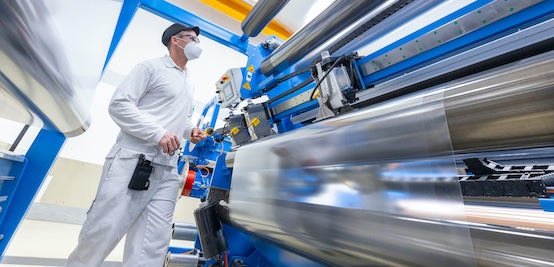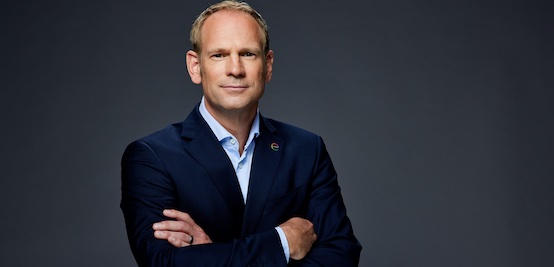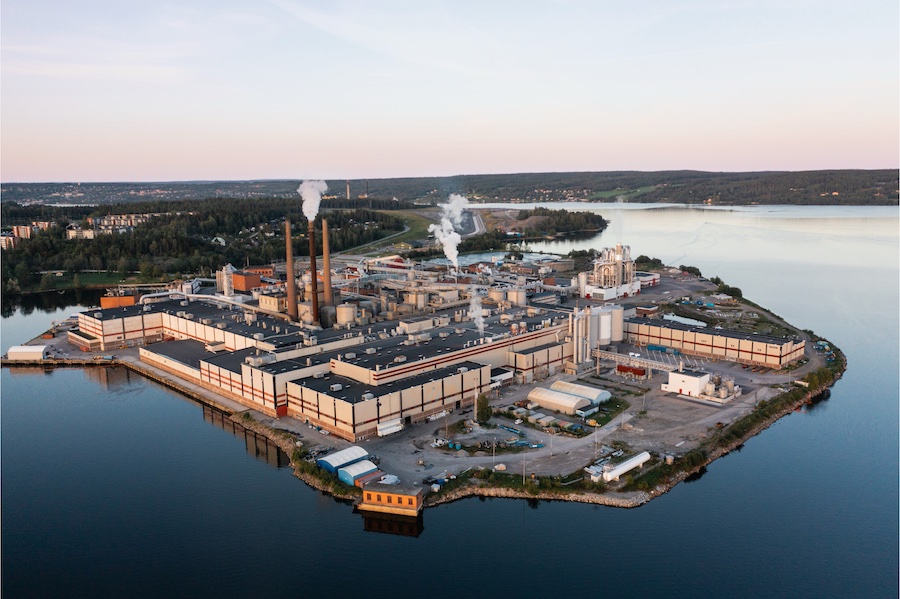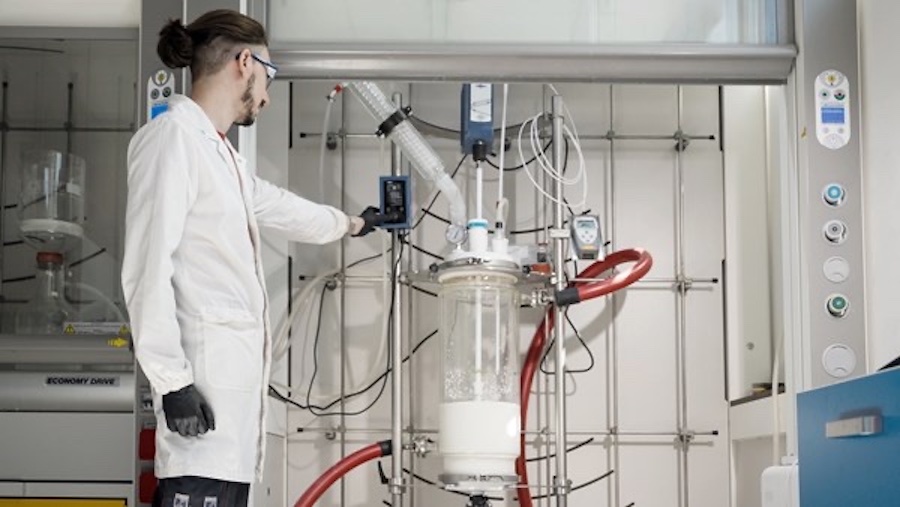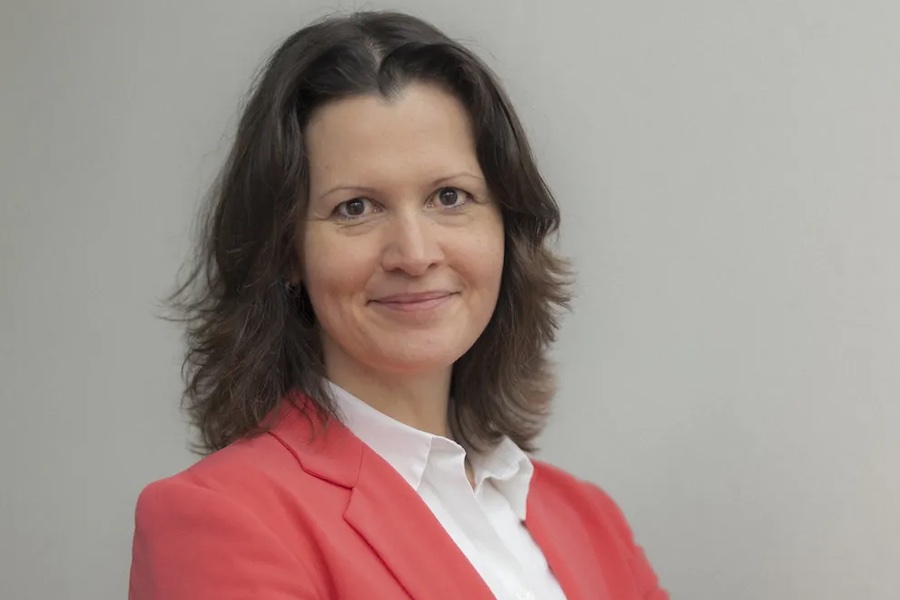#Recycling / Circular Economy
Innovative recycling to combat plastic waste
- Covestro drives forward technologies for recycling
- Co-founder of planned research center for the chemical industry
In Paris, from May 29 to June 2, another round of international negotiations ("INC-2") will focus on drafting a global agreement against plastic waste pollution, which should be in place by the end of 2024. The international community initiated the process in spring 2022 at the United Nations Environment Assembly. According to the Organization for Economic Cooperation and Development (OECD), around 22 million tons of plastic waste, including microplastics, enter the oceans and the environment each year1. Without countermeasures, the annual amount could double by 2060.
"Resource consumption is on the rise and mountains of waste are growing – with negative consequences for the environment and climate. We urgently need to take countermeasures here and fundamentally change consumption habits and production patterns," emphasizes Dr Markus Steilemann, CEO of Covestro. "We need to make the circular economy a reality, and recycling is crucial here, in addition to the production of long-lasting and resource-conserving products. Covestro can and wants to play a central role in this."
Joint research center for processing plastic waste
Currently, the global recycling rate of plastic waste is only nine percent2. But with more recycling on an industrial scale, one study suggests that nearly 60 percent of plastic production could be met by recycled materials by 2050, reducing petroleum consumption by 30 percent3. This is where the World Economic Forum comes in, through its Low Carbon Emitting Technologies initiative, which promotes collaboration on a global scale to accelerate the development of low carbon emitting technologies for chemical production, including processing plastic waste. Seven international chemical companies, including Covestro, have signed a collaboration agreed to establish a research and development center together with the Dutch research institute TNO. Initial work will focus on the sorting, cleaning and conditioning of plastic waste to make it suitable for subsequent recycling technologies.
One key problem is that some types of plastic cannot be recycled, or can hardly be recycled at all. That is why Covestro is pushing the development of chemical recycling as an additional method. This involves breaking down used plastic into its chemical components so that new material can then be produced from these molecules.
Breakthrough for mattress foam recycling
Covestro has achieved a technological breakthrough for the chemical recycling of soft foam for mattresses. So far, around 40 million of these end up in waste incineration plants or landfills each year in the European Union alone4. With the new "Evocycle CQ-Mattress" process, the two central foam components can now be recycled. At the company’s Leverkusen site in Germany, this process is being further developed in a pilot plant with the prospect of industrial use.
The chemical recycling of rigid foam for insulating buildings and refrigeration appliances is the focus of a Europe-wide research project CIRCULAR FOAM initiated in 2021 and coordinated by Covestro. Here, 22 partners from nine countries are working together. If the material cycle can be closed, around one million metric tons of waste and three million metric tons of CO2 emissions per year could be saved in the European Union from 2040.
In order to also improve the recycling of food packaging made of paper and cardboard, Covestro has been offering a new development on the market since May 2023. For this purpose, the company has developed a special coating material that, unlike conventional coatings, can be recycled together with the packaging. It is also produced itself in the spirit of circularity - with raw materials that are partly based on plants.
1 Source: Global plastic waste set to almost triple by 2060, says OECD
https://www.oecd.org/environment/global-plastic-waste-set-to-almost-triple-by-2060.htm
2 Source: Plastic pollution is growing relentlessly as waste management and recycling fall short, says OECD
https://www.oecd.org/environment/plastic-pollution-is-growing-relentlessly-as-waste-management-and-recycling-fall-short.htm
3 Source: Recycling and the future of the plastics industry | McKinsey
https://www.mckinsey.com/industries/chemicals/our-insights/how-plastics-waste-recycling-could-transform-the-chemical-industry
4 Source: The End-of-Life of Flexible Polyurethane Foam From Mattresses and Furniture - Europur
https://europur.org/the-end-of-life-of-flexible-polyurethane-foam-from-mattresses-and-furniture/




